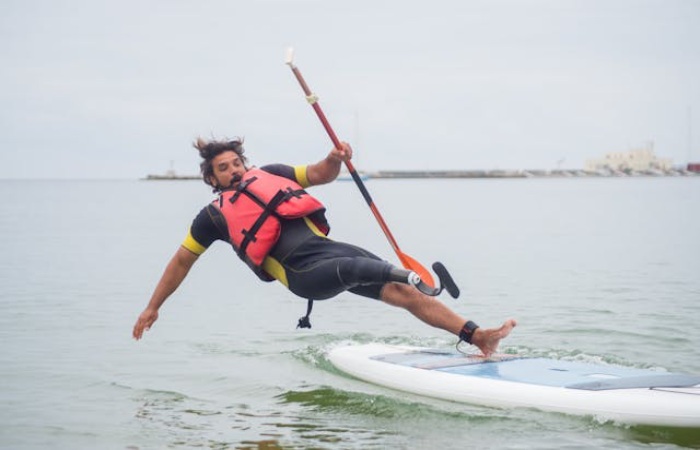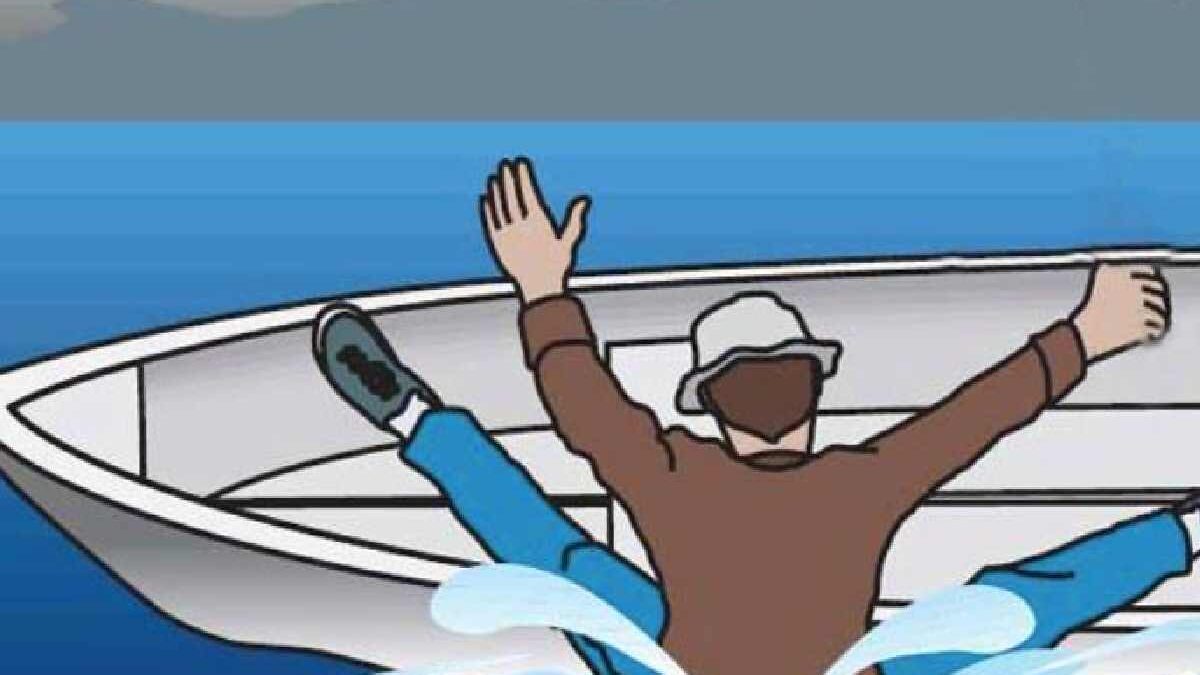Falling overboard is one of the most serious and potentially fatal risks faced by individuals on small boats. Unlike larger vessels that may have higher railings or enclosed decks, small boats often lack such protective features, making it easier for passengers or crew members to lose their balance and fall into the water. Cold water, strong currents, and delayed response times can quickly turn a fall overboard into a life-threatening situation. Fortunately, there are several strategies and precautions that can be taken to reduce this risk significantly.
Table of Contents
Understanding the Risk
Small boats, such as fishing boats, dinghies, kayaks, and sailboats, are more vulnerable to sudden movements, waves, and changes in balance. A sudden shift in weight, unexpected wake from another vessel, or simply standing up quickly can cause a person to fall into the water. Accidents like these can lead to drowning, especially if the person is not wearing a life jacket, is unable to swim, or is knocked unconscious during the fall.
1. Wear a Life Jacket at All Times
The most critical step in reducing the risk of a fatal overboard accident is to wear a U.S. Coast Guard-approved life jacket. Life jackets help keep individuals afloat even if they are injured, unconscious, or unable to swim.
Choose a life jacket that fits snugly and is appropriate for the boating activity.
Make sure everyone on board wears their life jacket from the time they board the boat until they disembark.
Regularly inspect life jackets for wear and tear.
2. Maintain Proper Balance and Weight Distribution
Keep weight evenly distributed throughout the boat.
Avoid standing or sudden movements unless necessary.
Sit in designated seating areas, especially when the boat is moving.
Don’t overcrowd the boat—follow the manufacturer’s weight limit.
3. Use Safety Harnesses and Tethers
Harnesses should be secured to fixed points on the boat.
Tethers should allow for limited movement but prevent someone from going over the edge.
This practice is especially important on sailboats where deck movement is common.
4. Install Safety Rails and Grab Handles
If your small boat allows for modifications, consider installing additional safety features such as:
Safety rails: These can provide a barrier to prevent falling overboard.
Grab handles: Positioned at strategic points, they allow passengers to hold on during rough conditions.
While not always standard on small boats, these additions can make a significant difference.
5. Keep the Deck Clear
Tripping over equipment or tangled ropes can easily lead to a fall.
Keep the deck clean and free of unnecessary gear.
Secure loose items that could shift or roll with the boat’s movement.
Store fishing rods, tackle boxes, coolers, and other equipment in designated compartments.
6. Avoid Alcohol and Drugs
Impaired judgment and slowed reaction times are dangerous on a boat. Alcohol increases the risk of falling overboard and reduces your chances of survival once in the water.
Avoid consuming alcohol while boating.
Make sure the boat operator and passengers are sober, especially in challenging conditions.
7. Educate and Train Passengers
Before leaving the dock, give all passengers a safety briefing. Include:
How to move around safely on the boat.
What to do if someone falls overboard.
Location and use of life jackets and rescue equipment.
Regularly review man-overboard procedures with the crew or passengers.
Prevention Tips & Ideas:

-
Always wear a properly fitted life jacket (PFD).
-
Avoid standing while the boat is moving.
-
Maintain three-point contact when moving (two feet + one hand).
-
Keep decks dry and non-slippery with anti-skid mats.
-
Install safety rails or grab handles around edges.
-
Distribute weight evenly to prevent sudden tilting.
-
Do not overload the boat beyond its weight/passenger limit.
-
Avoid alcohol or drugs while boating.
-
Maintain slow, steady speeds, especially in choppy water.
-
Stay seated in the center of the boat.
-
Train everyone in “man-overboard” recovery procedures.
-
Use tether lines in rough conditions to stay attached to the boat.
-
Keep loose gear secured so you don’t trip.
-
Check weather forecasts and avoid going out in bad weather.
-
Educate passengers on safe behavior before departure.
Conclusion
Falling overboard on a small boat is a real and dangerous threat, but with the right preparation and precautions, it can be greatly reduced. Wearing life jackets, maintaining balance, avoiding alcohol, and installing safety features all contribute to a safer boating experience. Educating passengers and staying alert to conditions on and off the boat are equally important.
Remember, boating safety is not just the responsibility of the captain but of everyone on board. Each person must be aware, prepared, and cautious. By making safety a priority, you can enjoy your time on the water while significantly lowering the risk of an overboard accident.
Also Read: Ekart Partner Center

